Talking games | Valkyrie Elysium
Defending the story of the latest entry in a storied RPG franchise.
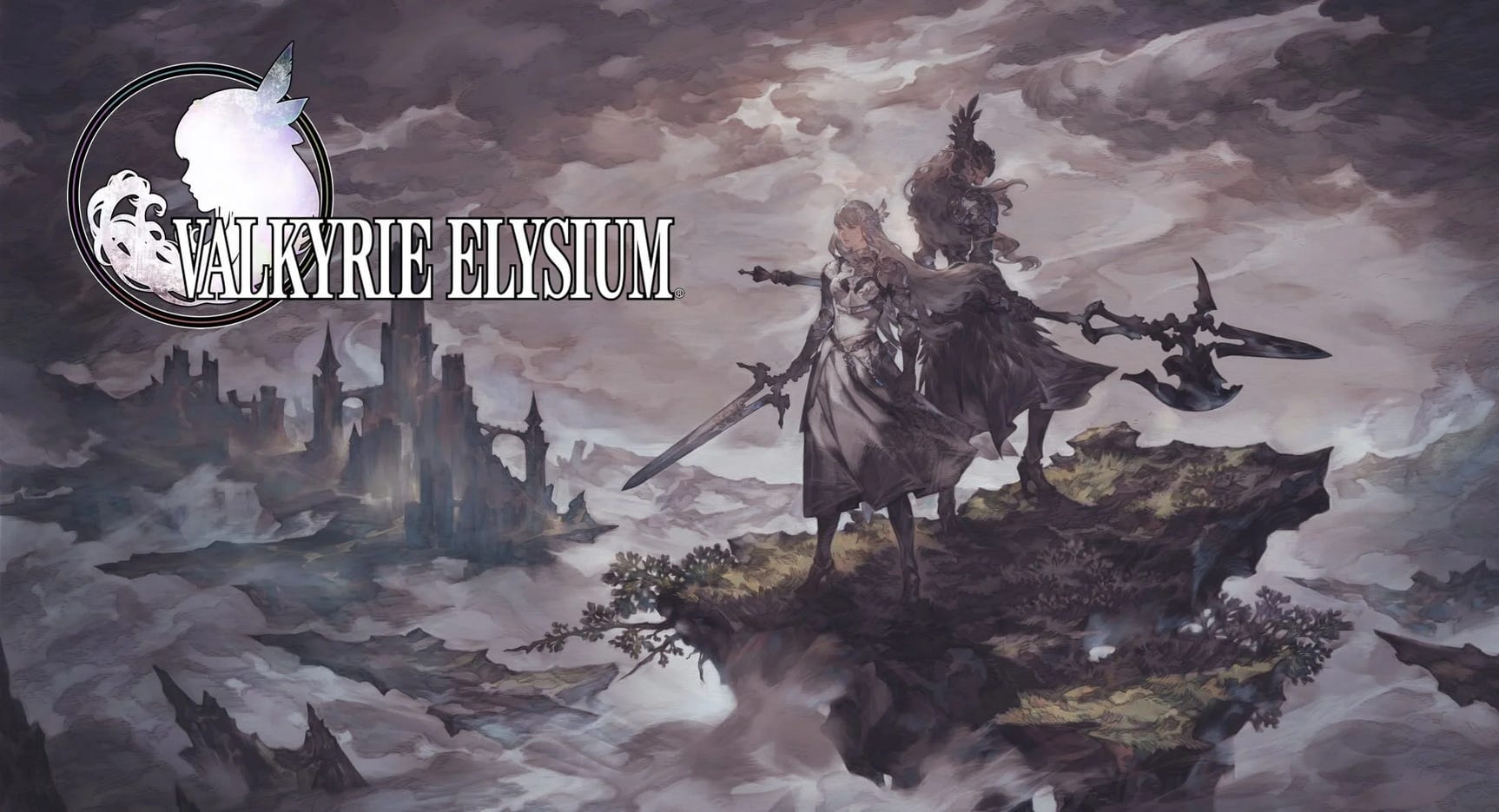
(spoilers for Valkyrie Elysium)
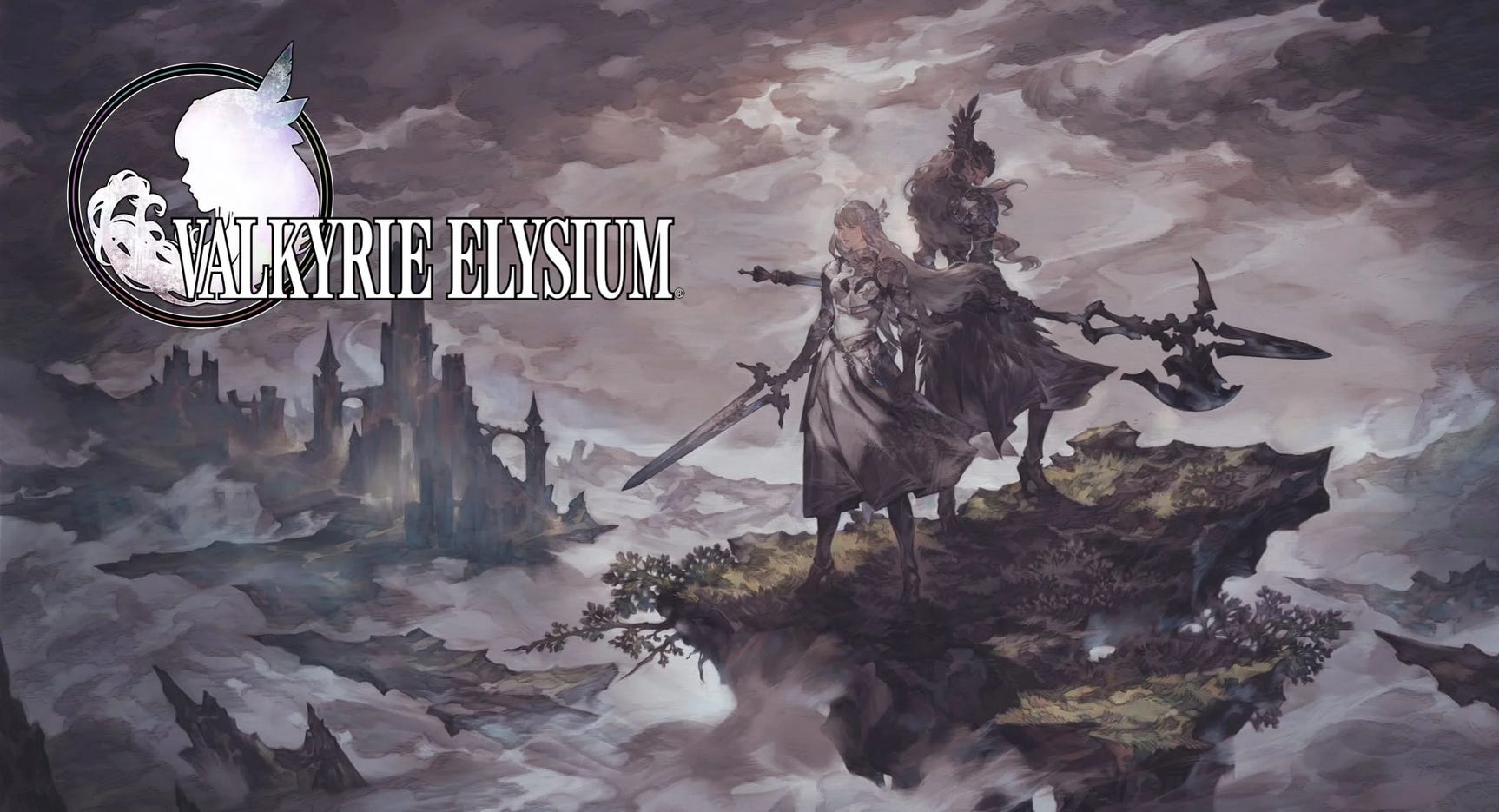
One night, when I was young and sitting in the living room of my childhood home, window reflecting a starless black, my dad told me a story. There was once a native American man, he said, who lived right where we did. He was kind and strong and was the best hunter in his community. He lived a peaceful life with everyone up on the lone hill our house sat on until one day, strangers showed up. Settlers. It was good at first, the new people promising food and goods and showing them all sorts of interesting things, but it wasn’t long before they started demanding so much in return. They wanted the hill. The man protested and begged and tried to stop them, but there were too many. Deep in the night, the settlers came and killed his family and his people, and finally him, cutting off his head. On nights like this, my dad said, you can still see that headless man out there, wandering, looking for the people who stole everything from him.
Later, deep in abandoned property that wasn’t our own, he showed me a massive rock, drawings more than a hundred years old etched on the sides. It was years before I realized he had made the whole story up.
Fifteen years later, on March 11th, living in a Japanese town partially destroyed by the 2011 earthquake and tsunami, I stood and faced towards sea while a siren — starting at 2:46pm — screamed out in memory. When it stopped, a co-worker came up to me and said, “be careful. There are a lot of ghosts out today.” I remember looking outside and seeing the sun flood empty streets.
Valkyrie Elysium, the 2022 spin-off of the storied Square-Enix RPG series, Valkyrie Profile, takes place in a world like our own. A dead world. It is cold and quiet and vacant like an overcast day, winding ruins of us — cities, towns, castles and prisons — scrubbed of their original purpose, corporeal occupants gone and buried. Only a few living humans remain and even fewer ever seen, most locked up in little homes, speaking through doors as if the buildings are the ones alive, not them. Spirits roam in their place, trapped in those cities and castles and in monstrous bodies that don’t belong to them anymore; trapped in the very earth itself, flowers and trees blooming with scattered memories of the past. It is a world defined by emptiness, by what is missing and what has been lost.
The protagonist of the game, the titular Valkyrie, is the same, her body a reflection of this environment, born as the player presses start. They begin blank, an empty vessel with no memories, no connections, no name of their own, existing purely for the singular purpose given to them by their creator, the god Odin: fight. It is the same mission given to the player, and both enact upon it with little question, story and character rarely intruding upon the unending action gauntlet so willingly embraced. It is what we are here for, after all. It is what we were told to do.
This is not unique to Valkyrie Elysium, or to video games as a whole. We abide and serve all sorts of objects with little question in our lives. In his essay “Where are the missing masses? The sociology of a few mundane artifacts”, philosopher Bruno Latour examines how our morality is defined by the physical objects we design. The car blinks and beeps incessantly until we buckle up; we invent doors and train them to discriminate (a hydraulic door, for example, might be too difficult to open by the weak or elderly, and might hinder those moving or delivering, often the working class).
Ghosts too, are creations we have made to control us. They are full of rules, appearing only at a precise time, only if you say the correct thing in the correct place. To be safe from them, one must take precautions — don’t wander where you shouldn’t, don’t disrespect those before us — and to exercise them, one must do even more. In The Ring, where a spirit haunts a videotape, both object and the ghost itself must be spread and shared with others like a virus to survive. We create and in turn serve. Valkyrie does too.
That combat that guides her is chaotic, a mad juggling of enemies, combo strings and type-matching, every enemy weak to both a specific weapon and element. It indulges in the physical, pleasurable act of hitting buttons and swinging a sword, and rarely allows a moments rest, one battle leading directly into another for hours at a time. And though it begins simply, it becomes increasingly complex as Valkyrie is joined by various Einherjar, these spirits of great people who choose to serve her in her goal. They are large personalities with complex histories, bold heroes turned legends, protagonists in other stories.
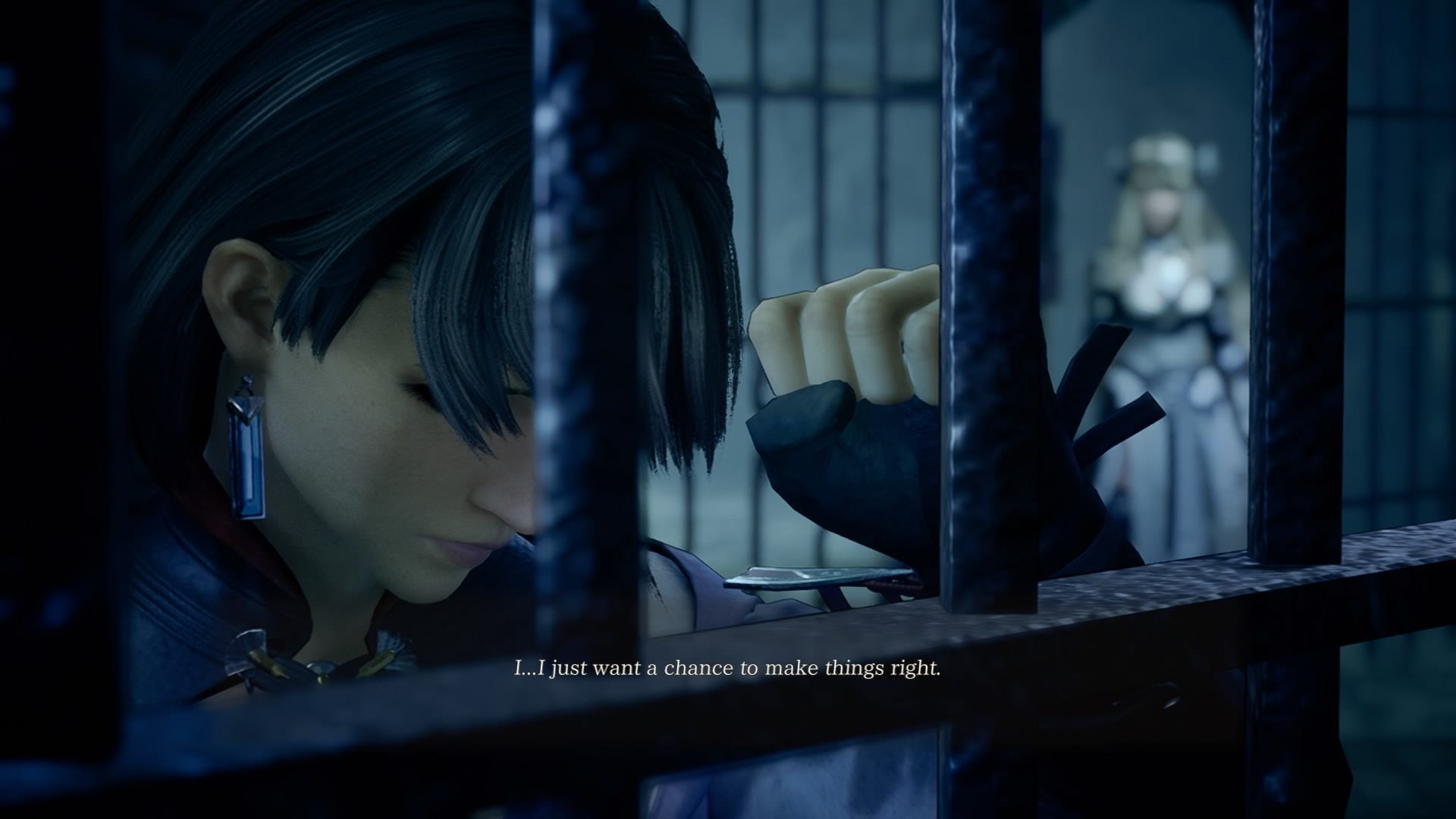
They are also prisoners; jails and bars are a recurring image in their disparate memories, strewn across their former homes in the objects that once mattered so much to them. A shirt, a sword, an abacus. Who they are is defined by the material, and when they fully appear, often taken over by a great monster, the world itself becomes a reflection of them. A palace freezes over, a village bursts into flames, the very land they lived revealing that it too is them.
Their stories, tragedies of living under systems of control and oppression, are hidden like so many of our own, fragmented and scattered. Like Valkyrie, one might ignore them for a time, continue the mission in ignorance of all but their name and their abilities, letting them exist as prisoners to the player, tools little different than the named weapons you carry. He is not Eygon, he is purple, lighting. She is not Kristoffer, she is white and holy.
But their history is there, hidden in menus and side-quests that slowly become available as Valkyrie discovers that even she is not free from connection. In another life, Eygon was binded by class and state, denied love out of societal conceptions of honor and rank. Cypher became increasingly occupied with the material in a desperate search for a way to cure the sick prince who saved him from servitude. Kristoffer, oppressed by her own body, dreamed of being a man, as her gender stripped her of autonomy and power. And Taiki, who offered her flesh to the earth to protect those who hated her, lived a life of ritual, one that celebrated duty and self-sacrifice.
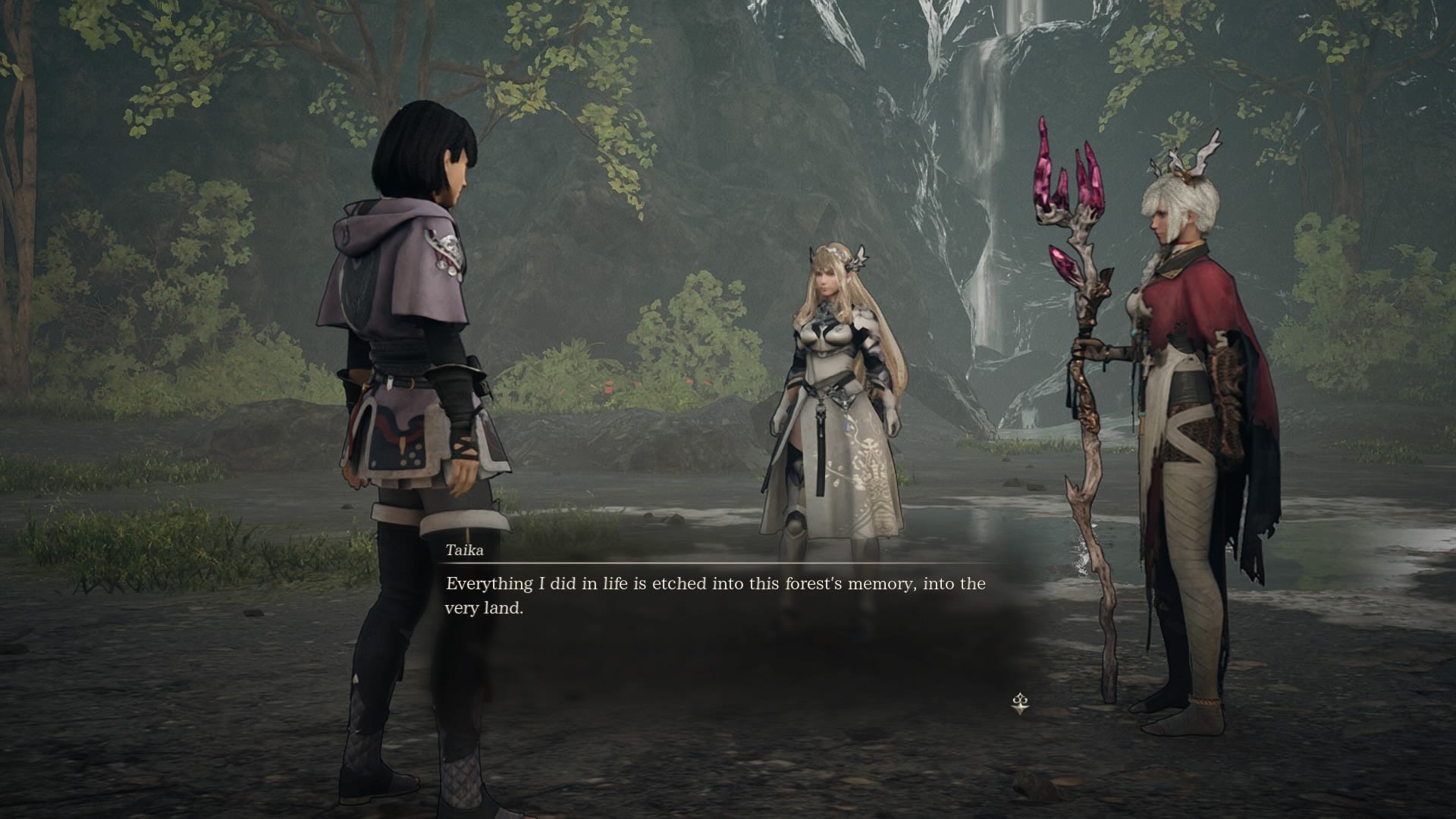
Each is the story of an individual trapped like a helpless fly in the complex web of control that we that we are all constantly navigating. Each is the story of death and regret, of the inevitable tragedy of life and connection.
As Valkyrie learns these stories, which become personal strength for her — literally reflected through abilities and power-ups earned after revealing their pasts — she beings to grow from her origins, gradually understanding herself through them and the world. Because it is all her. Every inch of Valkyrie Elysium, every character oppressed by their body, every crumbled city destroyed by state, every lost spirit searching for things to remind them of who they were, and every blossoming flower left in the rubble, is her. It’s you.
And with this knowledge inevitably comes the ultimate, awful realization: she is not free. She is a lie.
In the world of Japanese spirits, there are those called tsukumogami. Roughly translating as tool spirits, tsukumogami are objects that have become sentient, gaining a soul after one hundred years. A wall, a gown, a wooden sandal — anything that exists has the potential to live. The nature of that spirit, however, is decided by how it was treated before its actualization. A chair thrown about will emerge violent, malicious; a scarf, delicately handled, gentle and kind. This idea of the sentence of things is common in much of the world: we gender cars and talk to our computers, complain to drawers when they won’t open and curse at games that don’t please us. We give items names and identities and then continue to abuse them. Thy exist for us, we say, never the other way around. The tsukumogami must be furious.
Valkyrie has a name, too. We don’t learn it for a while. She was human once, identity destroyed and reconstructed into the tool we see by Odin to serve him without question, his hand wrapped around her eyes like a mask.
Her name is Nora. She was in love.
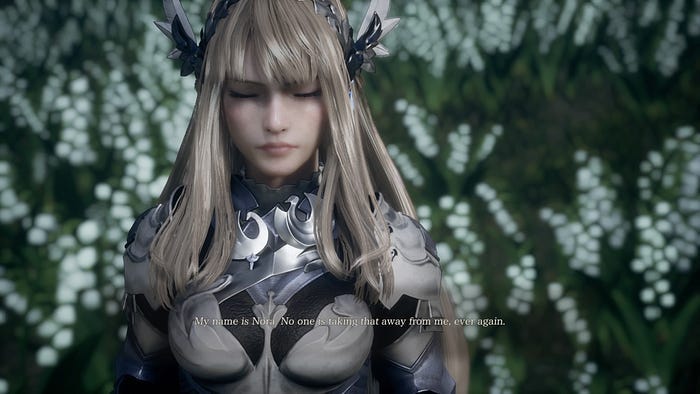
On learning this, Nora and the player are, for the first time, given a choice. It is the same choice she gave the Einherjar. She can throw away this duty unjustly hoisted upon her and return to the life of a human, or she can continue. She can force herself to suffer more violence and pain in far-off hope of altering the ruling systems that treat everything as tools and which ignore the relationships which define them.
In the true ending of the game, earned by replaying much of it to collect items scattered throughout the levels — reliving memory and tragedy — she succeeds. The gods are killed, the oppressor’s power returned to Yggdrasil, the stream of life that represents everything. Control, the forceful manipulation of the soul’s relationship to body, object and place, is returned to the individual. Finally, after hours of tireless violence, Nora can stop fighting. Finally, Odin’s hand is removed from her eyes.

But out here, there are no gods to defeat. The game eventually ends, the television turns off. Nothing is different. Out here, there is only everything, alive and breathing, gleefully exploited by us to create our own prisons. Out here, the world continues to rot.
I still dream of the headless man, waiting outside my window.
I can’t remember his name.
Music of the Week: Machiawase no Toshokan by Neochi
Musically one of the highlights of the idol world in 2023, the main thing Neochi’s latest album keeps making me think of is the game Blue Reflection Tie. With its math rock tinged pop that finds crystal clear, melancholic guitars arpeggioing through time signatures accompanied by strings and piano and sometimes surprising freakouts (surprising nobody, track 5 is my favorite of the bunch) it perfectly captures the tone of that modern highlight of the RPG genre, where surreal landscapes find the modern world and nature smashed gently together into contemplative expressions of (particularly female) adolescence. There’s an emptiness in that game also found here—not an uncomfortable or uneasy emptiness, but one like standing alone in a large room, emotions given the time and space they deserve.
Book of the Week: From Eroica With Love

A towering classic of shoujo manga in Japan that despite having a (very good!) English translation semi-doesn’t exist anywhere else, From Eroica With Love is kind of like Lupin the Third…but queer. Following the many adventures of a flamboyantly gay international art thief and the grumpy asexual Interpol agent who keeps running into him, each story plays out with the expert pacing and depth of a great movie, these wonderfully irreverent spy thrillers and heists somehow managing to be both laugh out loud funny and genuinely well-constructed. As far as pure entertainment goes, there really isn’t much better in the entire medium.
Movie of the Week: Kamikaze Taxi (dir. Masato Harada, 1995)
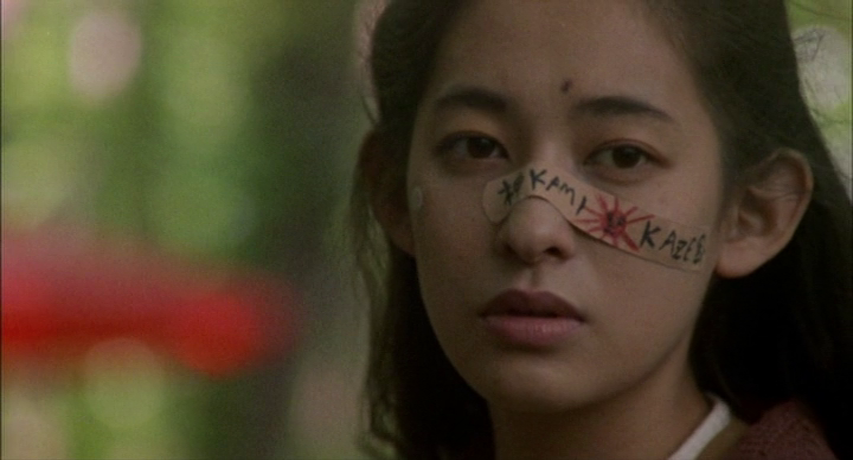
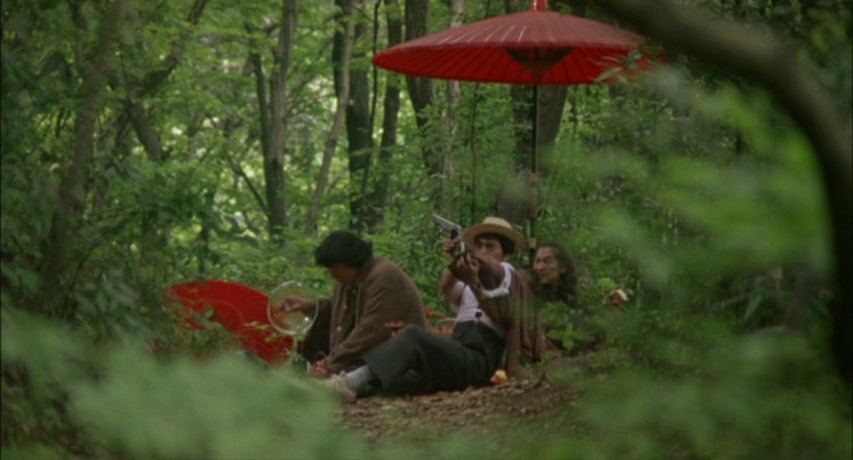
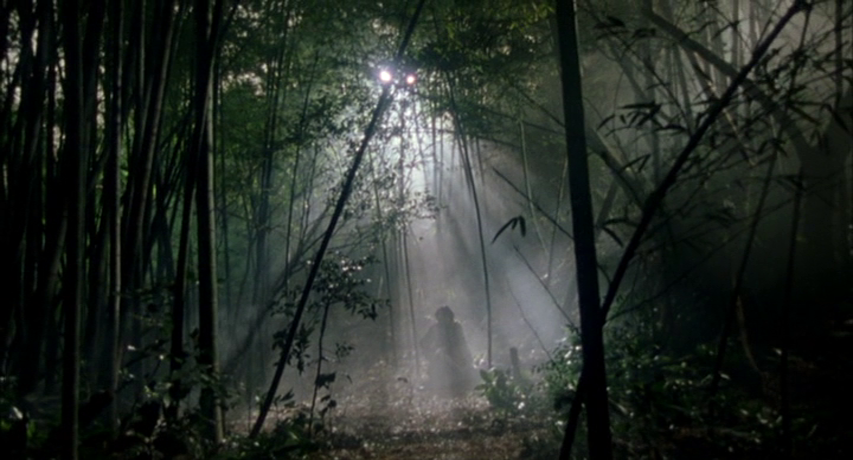
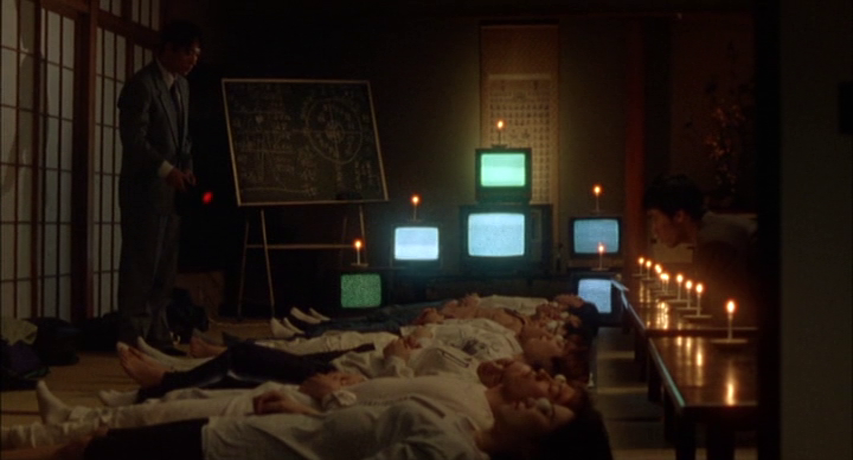
In my perfect world, Kamikaze Taxi is considered an all-time classic and high point of the yakuza genre. Unfortunately we don’t live in that world, but one where this direct-to-video masterpiece has largely gone forgotten. What starts as a viscous teardown of conservative politics when a low-level yakuza decides to get revenge on his boss after a prostitute he watches over is beaten to death, evolves over its thee hour runtime into a warm, moving road-trip shared between people with no future. Instead of being a high-paced chase through Japan, Kamikaze Taxi drifts like water in a river, changing shape as it takes lazy and intimate detours completely removed from the expected thrills. It’s funny, it’s strange, it’s almost freakishly watchable, and it ends up being genuinely profound to boot. Also features an all-timer soundtrack.
Have thoughts about anything covered this week? Got a recommendation you’re dying to share? Want to tell me how handsome and cool I am? Leave a comment below!

